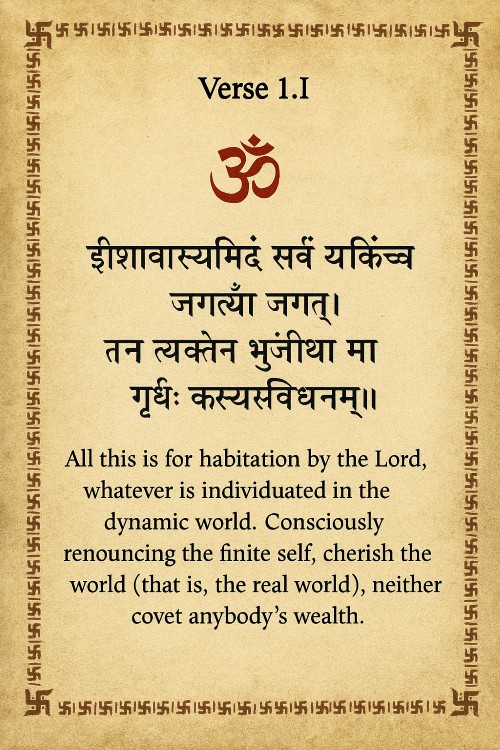
Asteya is the Sanskrit word that means ‘not stealing.’ It’s the third of Yamas in the yoga school of Hinduism, which is external ethics. In Indian philosophy, it’s also regarded as one of the 10th forms of abstinence, which is prominently practiced in Jainism and Hinduism.
Concept of Asteya
The philosophy Asteya teaches us – whatever we have in life is enough for living and what we need in life already exists within us. So, all elements we have are enough for decent survival and appreciation of happiness.
The practice of Asteya explains that one must not steal nor have the intention to Steal others’ property through action, thoughts, or speech.
Philosophy & Beliefs
This philosophy believes that most of us are not fully aware of our needs, due to which we improperly multiply our greed and demands and unconsciously make thieves of ourselves. It is the sheer awareness of what we crave and our ability to avoid envying or stealing that very thing.
And so, Asteya asks every individual to be careful and not to take anything that does not belong to us until it’s not offered and says to only take as much as needed.

AI-generated image created with Microsoft Copilot, November 27, 2025
Significance in Hindu Scriptures
In Isha Upanishad, we find an explanation that since everything belongs to the creator, we should enjoy life and should not crave anything further through renunciation alone. It’s the virtue of non-stealing and not wanting to appropriate or take by force for the deceit or exploitation by deeds, words, or thoughts owned by and belonging to someone else.
People who implement this ideology in their lives will soon become grateful for everything, and this gratitude towards everything will integrate an appreciation for the abundance one already has.
So, follow the ideology of Asteya and learn to appreciate everything you already have.
Feature Image Credit: AI-generated image created with Google Gemini, November 27, 2025




